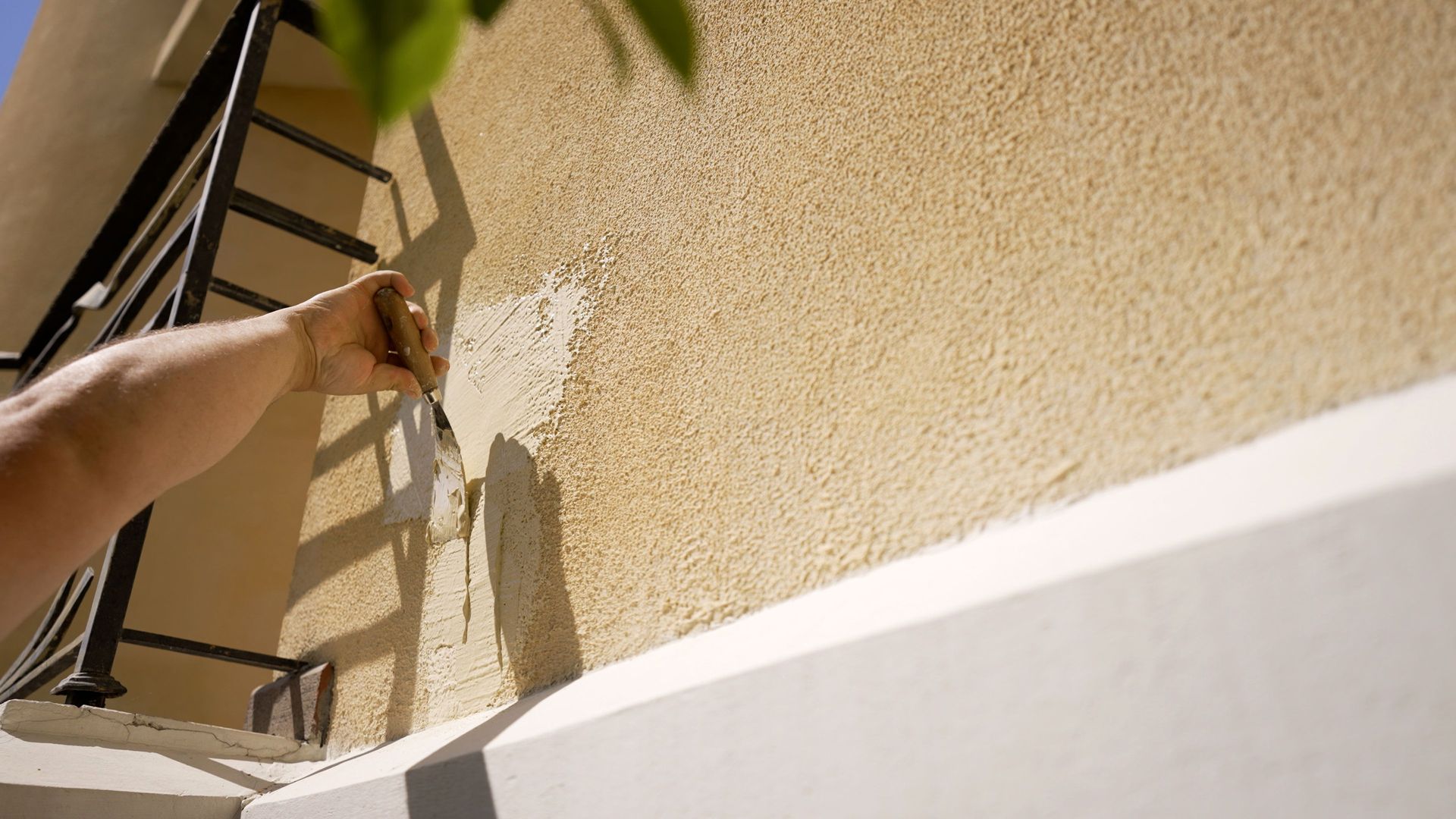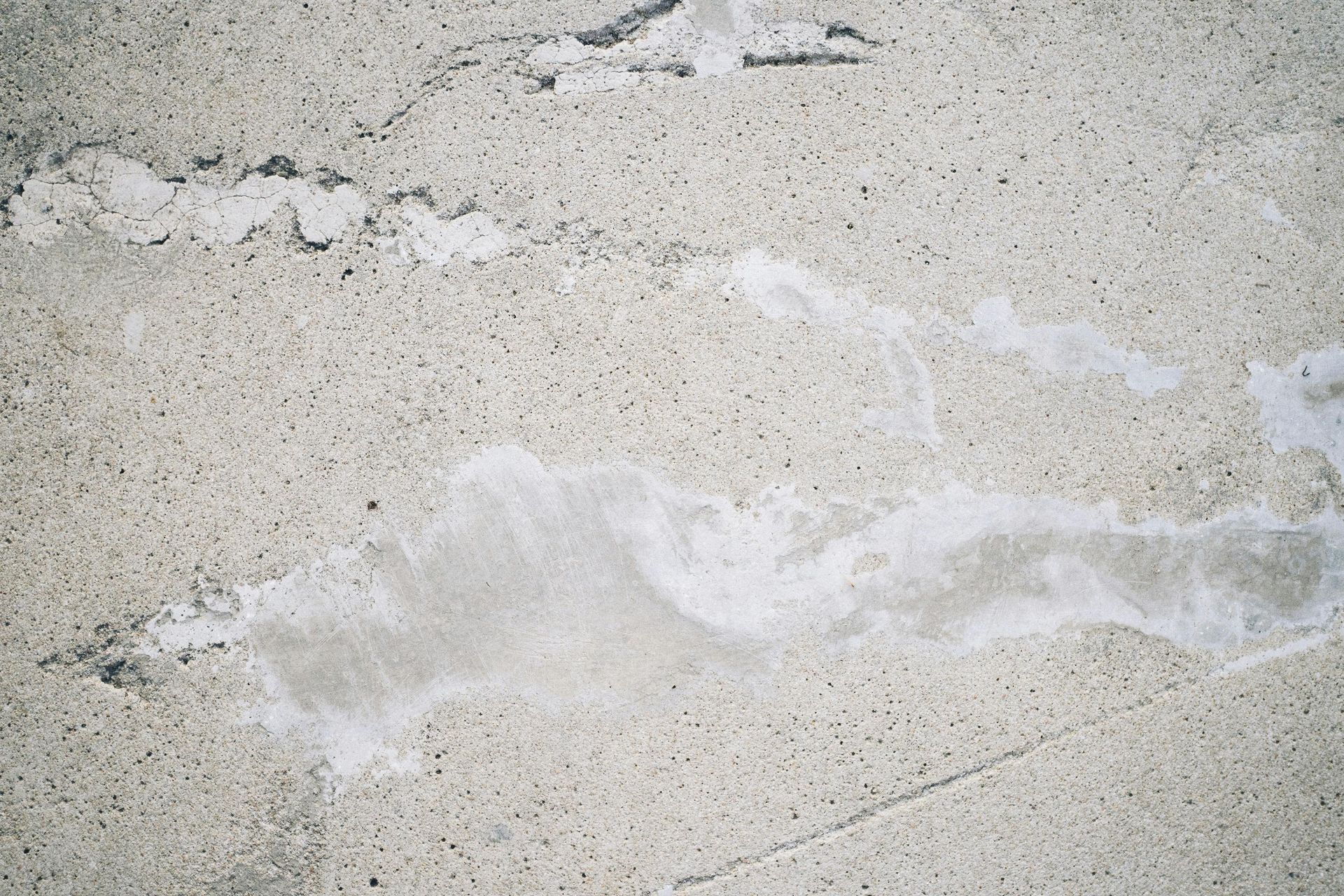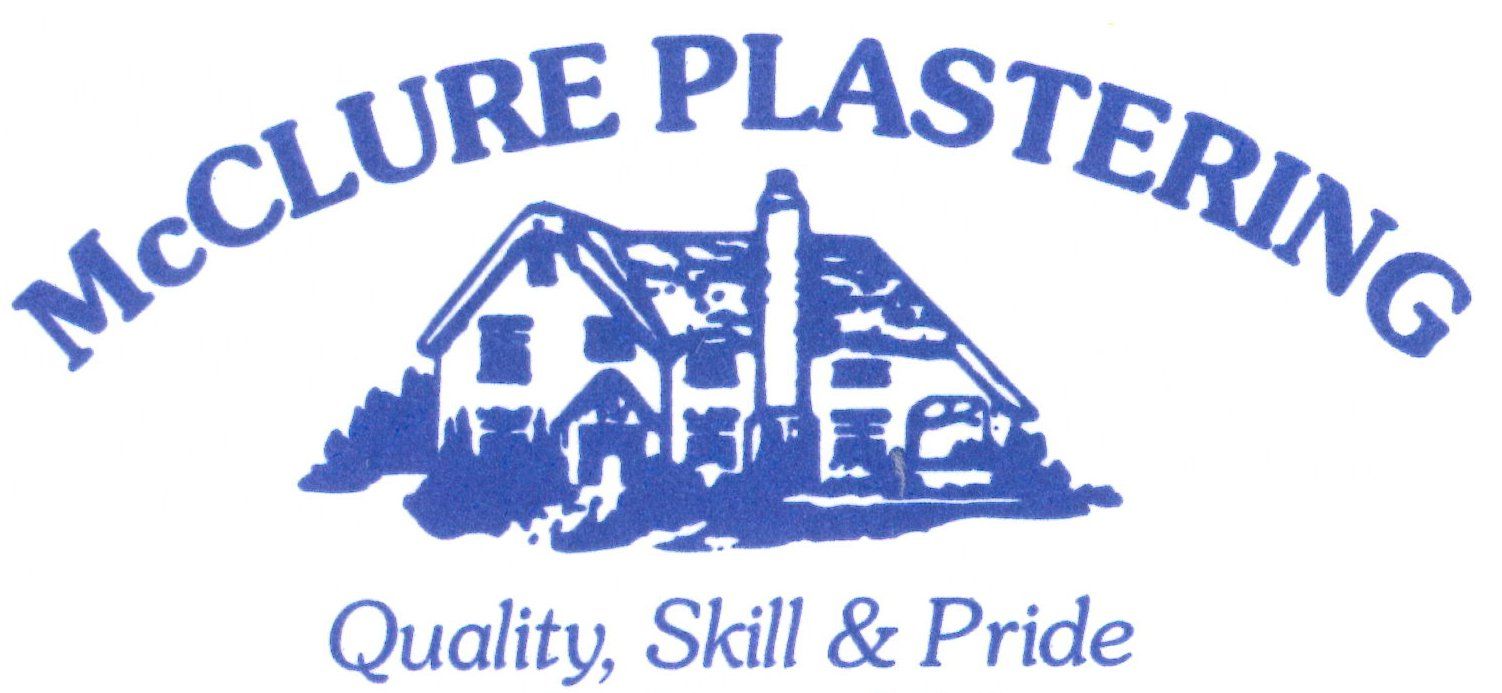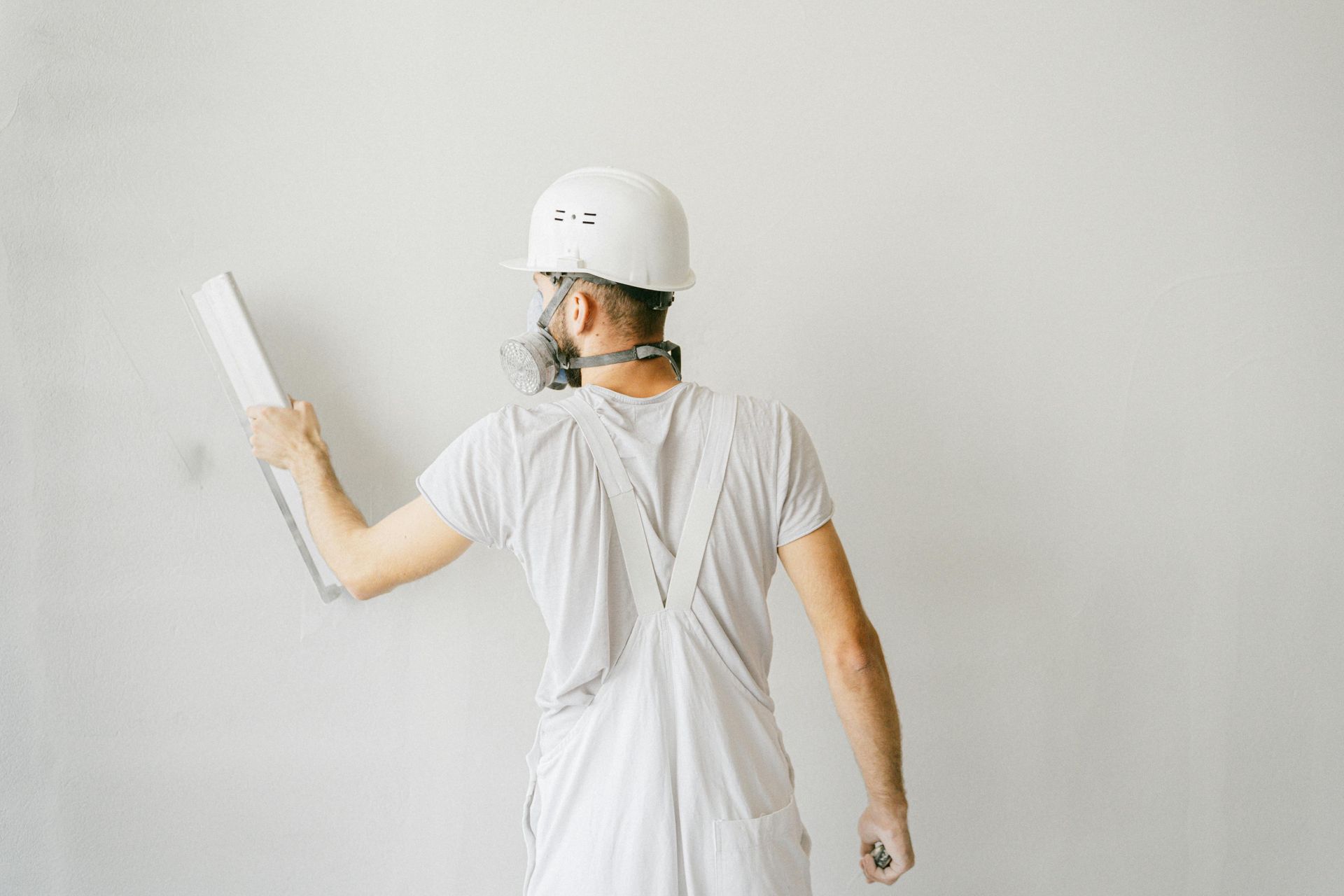Stucco is a reliable, long-lasting siding material known for its clean finish and durability. But even well-applied stucco isn’t immune to wear. Cracks are one of the earliest signs that the material may need attention, and while some are harmless, others hint at bigger problems below the surface.
Here’s why stucco cracks form, which ones you can handle on your own, and when it's time to call in an expert.
Why Stucco Cracks in the First Place
Stucco is applied over a base layer known as lath, which may be made from metal or a paper-backed mesh. As homes shift naturally over time, especially in areas with clay-heavy or moisture-sensitive soil, stress builds in the rigid stucco exterior.
Extreme weather, like heavy rain or long dry spells, can change the soil beneath your foundation, affecting how your home settles and causing further damage.
Cracks You Might Be Able to Fix
Hairline cracks are common and often appear within a few years of application. These cracks are usually shallow and measure less than 1/16 of an inch wide.
For these, many homeowners use patch products from local hardware stores. If you go this route, make sure the surface is clean and dry. That said, if the same cracks return or start widening, a
professional should take a closer look.
Cracks That Shouldn’t Be Ignored
Some cracks are more than surface-level blemishes. Diagonal cracks near doors, windows, or wall intersections often suggest foundation movement. These can grow over time and let moisture in, which leads to bigger issues like framing rot, mold, or insulation damage.
Cracks wider than a nickel, moisture stains, or grid-like patterns near foam trim may suggest underlying framing or lath issues. These signs often point to more than cosmetic damage.
In some cases, especially when the underlying layer has detached, the area may need to be removed and rebuilt entirely, not just patched.
Even small cracks can allow moisture behind the stucco, weakening the structure over time. Fire or water-damaged areas are especially vulnerable and may require full inspection and repair, not just patching.
Repairing It the Right Way
Professional repairs go beyond appearance. Experts identify the cause, remove damaged material, and rebuild the area with proper layering and texture to prevent recurring issues.
Repairs around windows or doors are especially delicate. The seal around these areas must be watertight and structurally sound. If done poorly, recurring cracks and leaks can follow.
Homes that have had rotted siding removed and replaced with stucco are also prone to cracking if that transition wasn’t handled correctly. A professional can identify whether the issue lies in the base material or in the way the new stucco was applied.
Beyond Repair: What Else You Should Know
Once repairs are complete, some homeowners choose to recoat the entire stucco surface using either a conventional or acrylic finish. Acrylic coatings, in particular, are known for their low maintenance and flexibility, which can help prevent future cracking. If you’re already dealing with repairs, this can be a smart way to give your home a refreshed look while adding extra protection.
Additionally, many professionals who specialize in stucco also offer exterior painting or color consultation services. These can be helpful if your repaired areas need to be color-matched or if you’re ready for a full exterior update.
Not all stucco cracks are serious, but some shouldn’t be ignored. If you’re unsure what your walls are telling you, let us take a look. At
McClure Plaster & Paint, Inc., we offer expert repairs, lasting craftsmanship, and
free estimates to help you make the right call.



